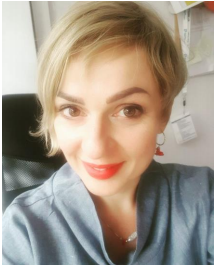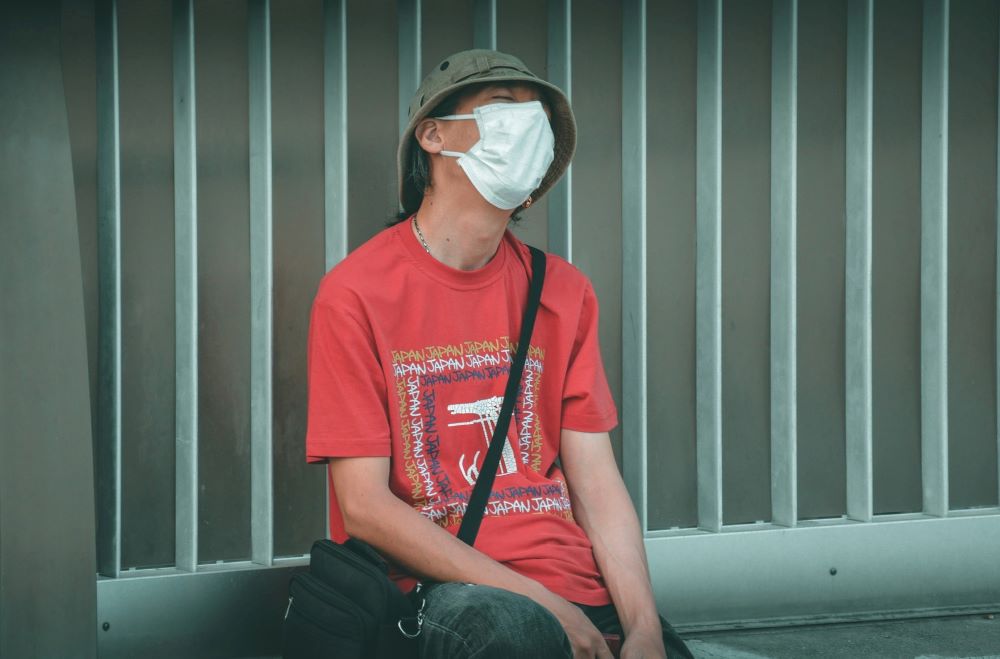Did we grow tired? Confused? Scared? What have we learned? Maybe the most important question is – do we have the strength to pause and ask ourselves how we are really doing?

Enisa Mesic
It will soon be one year since we put our masks on, officially began functioning with surgical gloves on, and distancing from those we care about most.
Almost a year of life in ‘experimental’ conditions, with the aim to preserve health and lives while being exposed to a spectrum of inhumane stimuli.
We’ve lost parts of our identity, stopped socialising, working, moving, all of which made us socially responsible (?!).
Did we grow tired? Confused? Scared? What have we learned? Maybe the most important question is: do we have the strength to stop and ask ourselves how we are really doing?
The unprecedented challenge of Covid-19 has a theoretical explanation – it’s called disaster psychology.
Disaster psychology deals with stress, crisis, and trauma, or in other words -with experiences of every individual in the past year. I’d like to try and describe the psychological states, so we can identify what we’ve been through, and give ourselves some credit and recognition for doing so.
Psychology and psychiatry define a crisis as a ‘brief disturbance happening from time to time to people who are battling problems greater than their capacity to handle them’.
The Covid-19 crisis affects different spheres of functioning, both for individuals and society as a whole. It is a new and uknown experience globally and in contemporary history, therefore it causes feelings of uncertainty, fear, and helplessness. Individual psychological responses manifest as anxiety, confusion, change in mood, and activation or reactivation of more difficult psychological issues.
Taught by previous experience people face the crisis in their own ways, choosing their own coping mechanisms. There is a difference between mechanisms aiming to control and resolve the problem, and those aimed at managing emotional reactions.
Problem-solving strategies include defining the problem, searching for alternative solutions, weighing options and their expected outcomes, choosing a solution and acting accordingly. These forms have two interdependent aims: to solve the problem in the individual / community’s life, but they also serve to help the individual’s psychological state.
The second type are emotional coping mechanisms. They aim to regulate affect, maintain hope and optimism, with a refusal to accept the worst outcome. Research has shown that in situations which can be controlled people tend to use problem-solving coping mechanisms, while in uncontrollable circumstances the mechanisms are directed at avoiding and negating the existence of a problem.
One of the most pertinent negative effects on the mental health of BiH citizens comes from war trauma residue and the unstable political and economic context. This takes a toll, and the consequences can be activated in times of crisis, as shown by the pandemic. We have all faced some sort of loss in the past year, and therefore had a natural psychological reaction to loss, through grieving.
Grief is a normal process of an adaptive reaction to loss, unlike depression. It occurs in several stages: shock and disbelief, reaction, processing, reorientation, acceptance of loss and moving on with life.
We haven’t asked for this global crisis. She is a strong teacher, unforgiving of mistakes. We are to creatively adapt and find quality ways to live and survive.
Creativity is defined as man’s ability to find original solutions to problems.
We have a problem, and a surplus of originality.
Best of luck to all of us!
Enisa Mesic, part of the reformative Mental Health project in Bosnia and Herzegovina as leader of the segment for ensuring quality in mental health.



Leave A Comment